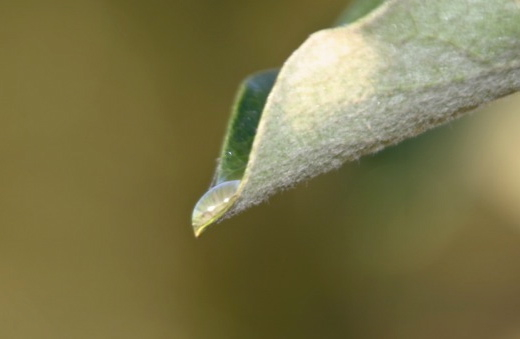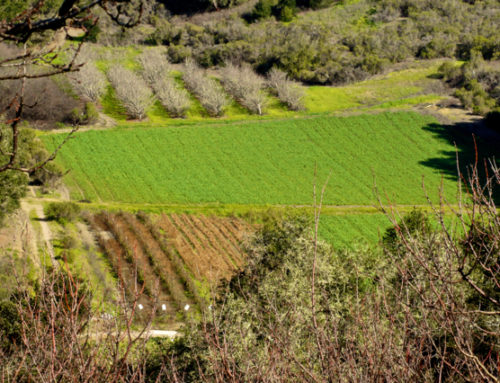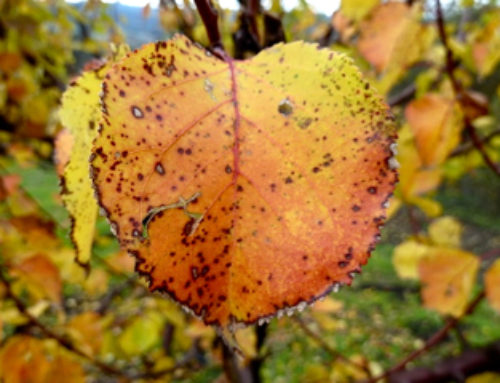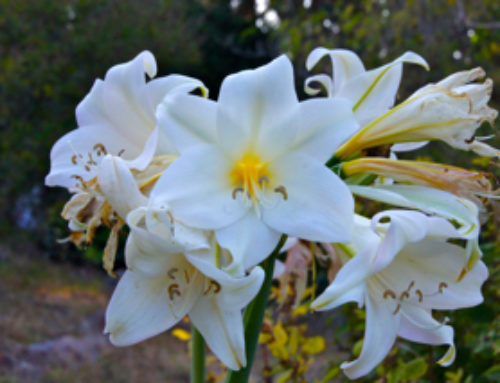“Of all the natural resources, water has become the most precious…In an age when man has forgotten his origins and is blind even to the most essential needs for survival, water along with other resources has become the victim of his indifference.” Rachel Carson, Silent Spring

Overhead sprinklers irrigating a field of carrots.
In farming anticipating, adjusting, and adapting to the variables mother nature has in store is what makes every season unique and different. This week’s heat wave is a good example.
To prevent heat stress and keep plants, animals, and people hydrated is a challenge when temperatures reach 100 degrees. We start at 6 o’clock in the morning to pick our strawberries, currently the most vulnerable of our crops, then move on to harvest the greens followed by root and stem crops. The harvested crops are immediately brought to the barn, washed, and stored in our walk-in cooler.

The farm’s main well pump is pictured here (it’s the blue thing with the white tank next to it).

Recently transplanted lettuce seedlings being irrigated.
We are blessed with an abundant source of groundwater, which has to be pumped from wells, some as deep as 400 feet or more. We trust that water is available when we need it. Like blood in the body, water is pumped and directed through an intricate network of underground pipes to every field and orchard on the farm.
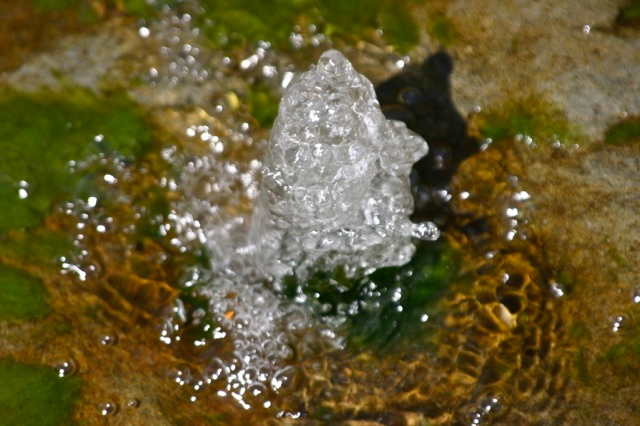
Pumped groundwater arriving at the surface.

Irrigation pipes are constantly moved from row to row to make sure the entire field gets sprinkled.
A failing water pump on a hot day like today can be devastating to the health and survival of sensitive crops such as strawberries and leafy greens. With the bulk of our spring plantings now in the ground, we are tending close to 40 different crops all needing water. Clemente, our irrigation manager is working long hours, up before dawn and working late into the night to beat the heat. He is constantly moving around from field to field, hauling and setting up sprinkler pipe, adjusting the water volume and pressure by turning valves on and off, and making sure there are no leaks in the system. Especially frustrating are the gophers that chew through drip-lines in the strawberry fields.
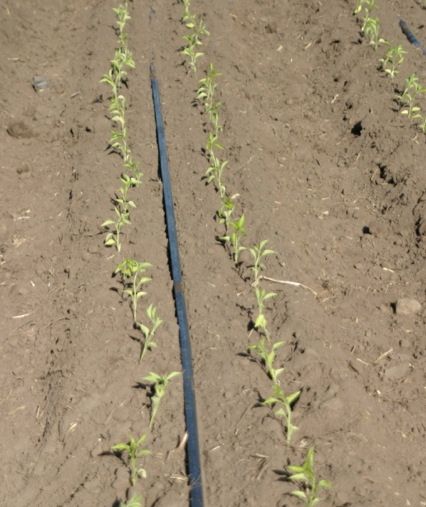
Crops like these peppers are set up with drip lines for precise irrigating.
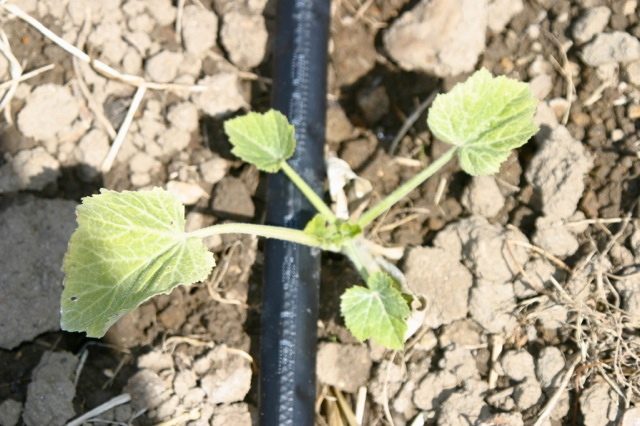
In this picture you can see where the water is perfectly placed (darker soil) to keep this squash plant hydrated.
A drought year is a stark reminder that we have grown foolishly accustomed to water that is available whenever we want it. We have converted an otherwise arid landscape into a highly-populated, abundant food-producing region. The climate is changing and we have no choice but to adapt and change with it. This year’s drought has left several hundred thousand acres of farmland fallow, and it’s anyone’s guess what the future of farming will look like. In the meantime, we can only hope that we have the ability to manage this precious resource equitably for all.
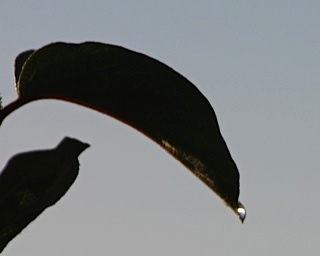
Early morning light picks out a precious drop of water.

